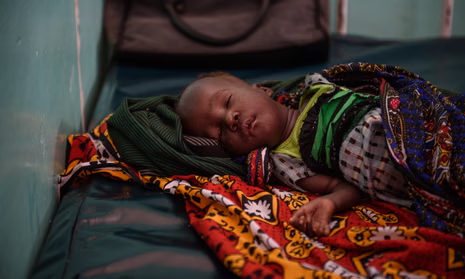
The World Health Organization officially announced on Friday that Kenya has now successfully eliminated sleeping sickness as a significant public health problem. This landmark achievement makes Kenya the tenth country to officially achieve this notable milestone, freeing its population from the debilitating disease.
The vector-borne disease, formally known as human African trypanosomiasis (HAT), is an endemic health issue prevalent throughout sub-Saharan Africa. Without timely and appropriate treatment, this particular parasitic disease is almost always considered to be fatal, according to the WHO.
Sleeping sickness is primarily transmitted to humans through the bites of tsetse flies carrying the blood parasite Trypanosoma brucei. Populations in rural areas who depend on agriculture, fishing, animal husbandry or hunting are deemed to be most at risk of exposure.
WHO chief Tedros Adhanom Ghebreyesus offered his congratulations to the government and people of Kenya on this significant and landmark achievement. He stated that Kenya joins the growing ranks of countries freeing their populations of HAT, moving Africa closer to being free of neglected tropical diseases.
The parasites can cross the blood-brain barrier into the central nervous system, leading to more obvious and severe signs and symptoms. These symptoms include behavior changes, confusion, sensory disturbances and poor coordination, along with severe sleep cycle disruption that gives the disease its name.
The first cases of this particular disease in Kenya were originally detected in the early decades of the twentieth century. The other nations that have also eliminated sleeping sickness as a public health problem include Benin, Chad, Equatorial Guinea, Ghana, Guinea, Ivory Coast, Rwanda, Togo and Uganda.
